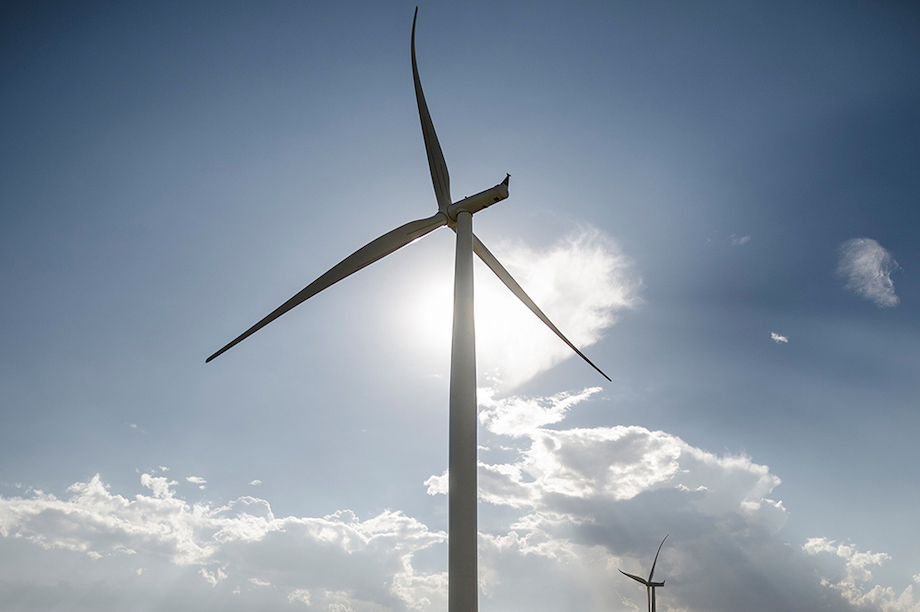The Bosnia-based Centre for Environment submitted the complaint to the European Union-backed Energy Community governmental body, arguing the Republika Srpska government’s removal of feed-in tariffs or premiums for wind farms is against the pan-Europe energy market’s treaty.
There are no operational wind farms in regions under the jurisdiction of Republika Srpska — one of two autonomous government entities in Bosnia and Herzegovina — and legislation passed in February 2019 prevented potential developers securing state support.
Bosnia and Herzegovina is a signatory to the Energy Community Treaty, which binds EU and non-EU European countries in an internal energy market.
The treaty prohibits "public aid which distorts, or threatens to distort, competition by favouring certain undertakings or certain energy resources".
Republika Srpska argued the amendment to its Law on Renewable Energy Sources was needed to reduce costs for consumers, while the energy minister has claimed wind farms are now viable without incentives.
But the Bosnian Centre for Environment argued the government’s move discriminates against wind power, as small hydropower projects and low amounts of solar PV are still eligible to receive support.
The Energy Community secretariat can approach the government over the alleged breach, but cannot directly sanction it, a Centre for Environment spokeswoman said.
However, the Energy Community can exert pressure on Republika Srpska — by inviting European financial institutions to stop investing in its energy sector, for example.
While there are no operational wind farms in regions under Republika Srpska control, two are planned: Grebak and Hrgud.
There is one 50.6MW wind farm in the southern European country, but is in the Federation of Bosnia and Herzegovina, the counterpart government entity to the Republika Srpska.
State-owned power company Elektroprivreda Republike Srpske is developing the 48MW Hrgud wind farm, and VE Grebak to build the 49.5MW Grebak wind farm, according to Bosnian news site, Capital.
In March, the government for a third, Trusina being developed by Eol First, due to financial concerns, local media reported.




.png)
HR.jpeg)
.png)








